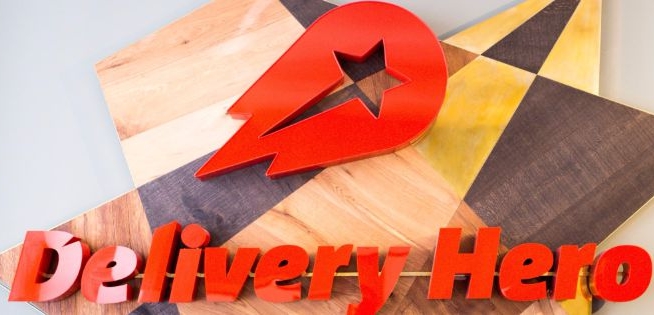Delivery Hero’s much-anticipated IPO is on. Today the European food delivery company officially announced that it plans to raise as much as €450 million ($506 million) from a public listing on the Frankfurt Stock Exchange in “the coming months”.
It’s been a busy past year or so for Delivery Hero, and when you look back on its recent happenings and developments, all signs point to preparations for this initial public offering.
Last year, the company got out of China — a tricky market for any international tech firm — and it reached an agreement to offload its UK business to rival Just Eat. (That deal is under review by the UK’s Competition and Markets Authority.) It also undertook a massive global expansion by snapping up Rocket Internet’s FoodPanda business to give it a presence in 20 new countries across Eastern Europe, the Middle East and Asia, and fortify its position in many others. On the financing side, prolific investment firm Naspers ploughed €387 million ($421.3 million) into the business last month — the final push before this IPO announcement — adding to the $110 million round that the firm closed nearly one year ago to this day.
Six-year-old Delivery Hero said today that it services cover over 40 countries worldwide, with more than 6,000 full-time staff employed.
Financial details disclosed today include:
- Total order count for 2016: 197 million, up 52 percent year-on-year
- GMV for 2016: €2.618 billion ($2.95 billion), up 51 percent year-on-year
- Revenue for 2016: €347 million ($390 million), up 71 percent year-on-year
- Revenue for Q1 2017: €121 million ($136 million), up 68 percent year-on-year
Delivery Hero was most recently valued at over $3.1 billion, following the Naspers deal, but its IPO price isn’t certain yet since it plans to offer a mix of newly issued shares and an undefined number of shares currently held by investors.
Of its shareholders, Rocket Internet is currently sitting on 35 percent of the company while Naspers owns a 10 percent stake.
“Going public and listing our shares on the stock market will further enable us to develop the company and provide us with additional capital to expand our leadership positions in the online food ordering and delivery market,” Delivery Hero CEO Niklas Östberg said in a statement.
The original version of this article was updated to reflect that the sale of Delivery Hero’s UK business Hungryhouse to Just Eat is under review.































Comment